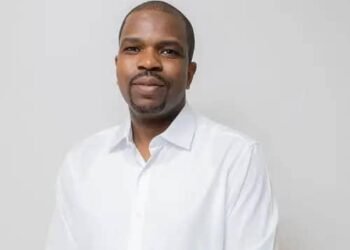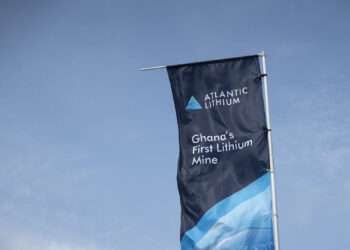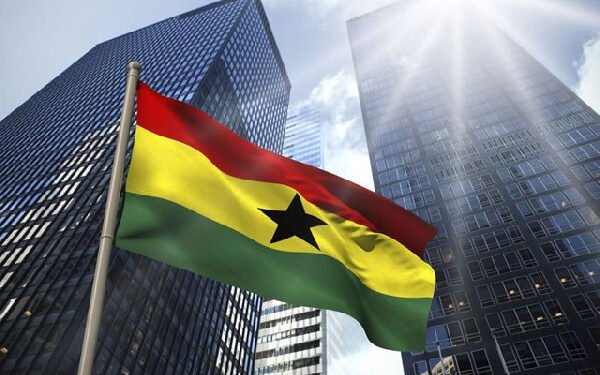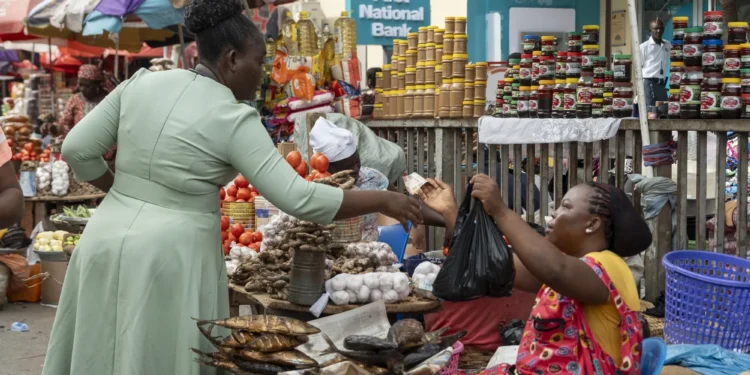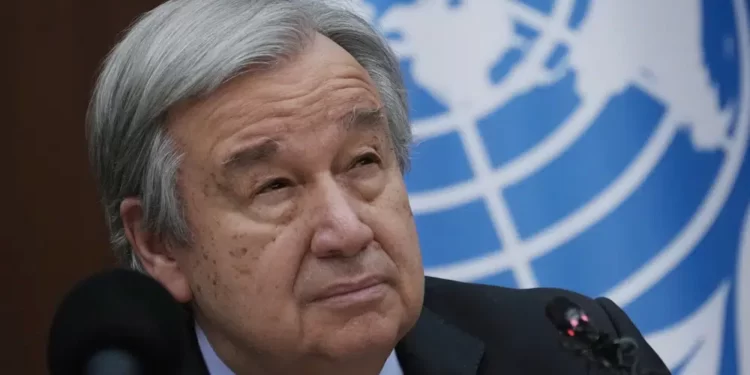Civil society organizations (CSOs) are calling on the government to introduce a sunset clause in the implementation of the Energy Sector Levy (Amendment) Bill, 2025, which imposes a new GH₵1 levy on every litre of fuel sold at the pump.
The call was led by Abdul Karim Mohammed, Coordinator of the Economic Governance Platform (EGP) and an active member of the CSO Budget Forum, during a policy dialogue held in Accra ahead of the mid-year budget presentation by Finance Minister Dr. Cassiel Ato Forson, scheduled for Thursday, July 24.
The amendment, which generated considerable debate, is part of a broader fiscal strategy to raise funds for Ghana’s heavily indebted energy sector.
But Mr. Mohammed warned that without safeguards, such levies risk becoming permanent features of the tax system, further eroding public trust and exacerbating the cost-of-living burden on Ghanaians.
“We are not outrightly opposing the levy. However, we strongly urge the government to make its application time-bound.
“A well-defined sunset clause should be included to ensure that this levy is not institutionalised indefinitely.”
Abdul Karim Mohammed, Coordinator of the Economic Governance Platform (EGP)
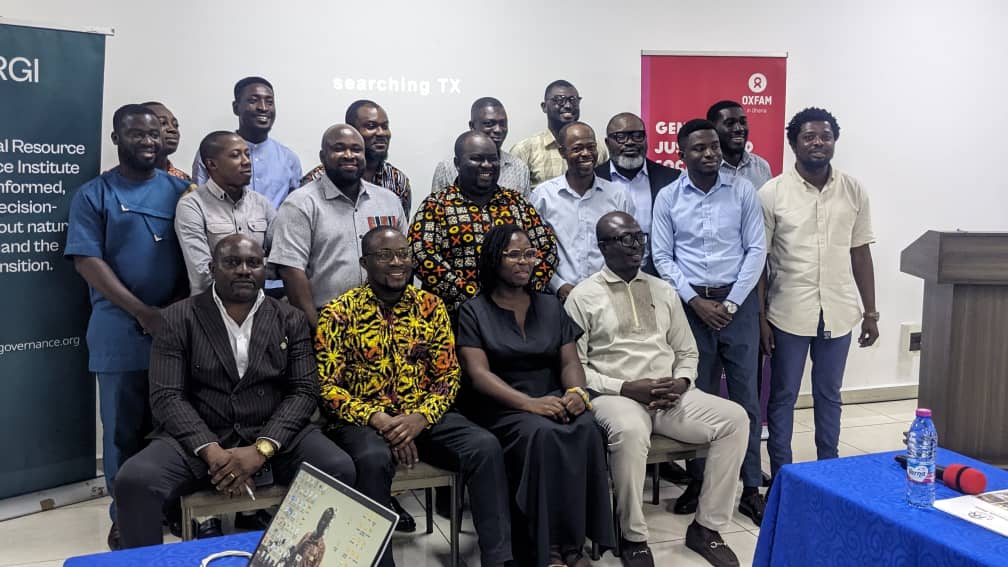
A sunset clause is a legislative mechanism that specifies an expiry date for a law or policy unless renewed or re-enacted.
For fiscal policies, such clauses are widely recognised as tools for accountability and flexibility, ensuring that short-term solutions do not become long-term liabilities.
The Ministry of Finance has defended the GH₵1 fuel levy as a “difficult but necessary” intervention aimed at salvaging the country’s energy economy.
According to government sources, the new charge is projected to raise $4.9 billion over a phased period, earmarked primarily for settling legacy debts to Independent Power Producers (IPPs) and ensuring uninterrupted power generation.
Energy sector liabilities, accumulated over years of inefficiencies, delayed payments, and underpriced electricity tariffs, have emerged as one of the most pressing threats to Ghana’s fiscal and power sector stability.
Analysts warn that unless addressed decisively, the debts could trigger systemic disruptions across the national grid.
CSO Concerns: Accountability, Transparency, and Consumer Burden

While the CSO Budget Forum acknowledged the structural crisis facing Ghana’s energy sector, participants expressed concerns over the lack of clarity surrounding the management, transparency, and impact assessments of previous energy-related levies.
“We’ve seen levies before, Energy Sector Levy Act (ESLA) funds, VAT components, price stabilisation mechanisms, but the outcomes are rarely audited or communicated to the public.
“If this GH₵1 charge is to win public trust, it must be embedded within a transparent governance framework, with timelines and sunset provisions.”
Abdul Karim Mohammed, Coordinator of the Economic Governance Platform (EGP)
CSOs further urged Parliament to demand specific reporting obligations from the Ministry of Finance and the Energy Ministry.
These should include periodic updates to the Legislature and the public on funds collected, disbursements made, and measurable outcomes such as reduced energy arrears or improved service reliability.
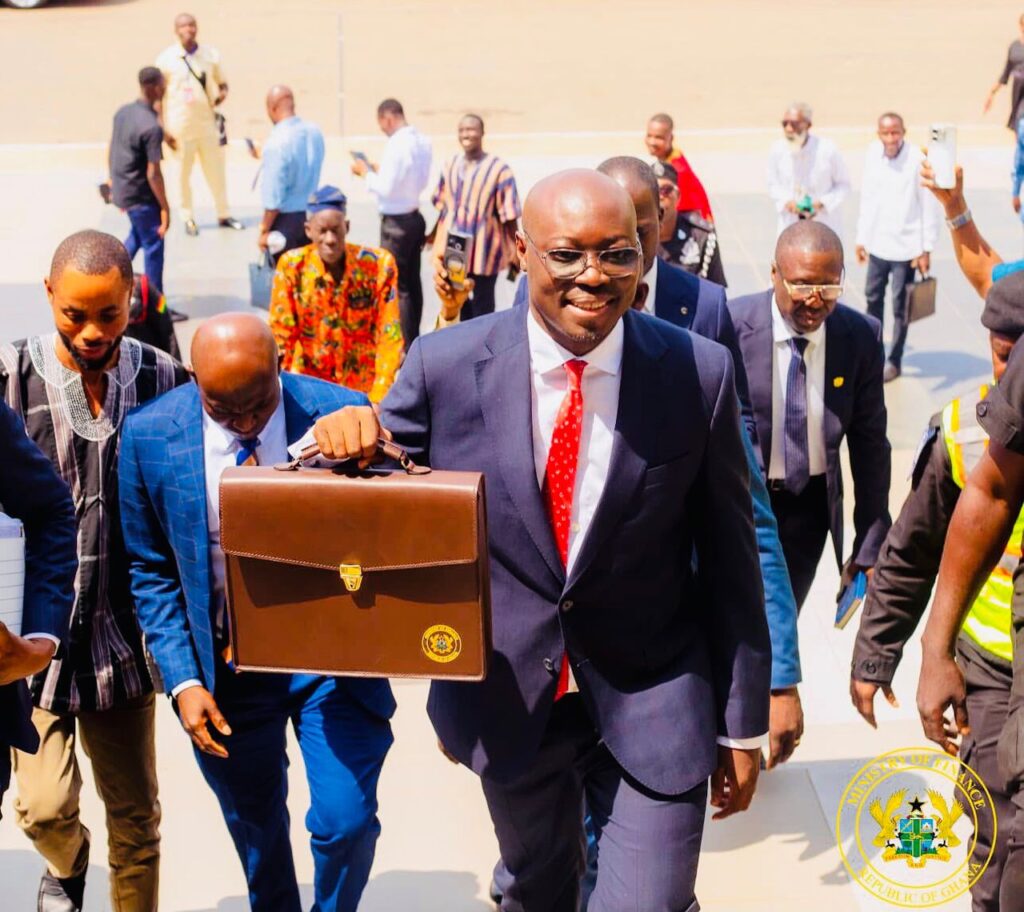
Some policy analysts believe that introducing a sunset clause could also give the government political room to implement the unpopular measure without triggering long-term voter dissatisfaction.
The call for a time-bound levy is also seen as consistent with broader efforts to reset the state-citizen social contract, especially in light of rising living costs, unemployment, and demands for fiscal prudence.
Finance Minister Dr. Ato Forson is expected to offer further details on the government’s medium-term energy strategy, the structure of the new levy, and mechanisms for monitoring its use when he addresses Parliament during the Mid-Year Budget Review on July 24.
Analysts anticipate that the Minister may use the opportunity to present a revised fiscal consolidation roadmap, including plans to reduce energy sector subsidies, attract private capital into power generation, and streamline institutional governance across key agencies like ECG, GRIDCo, and the PURC.
READ ALSO: Ghana Fire Service Records Major Progress Amid Resource Constraints





